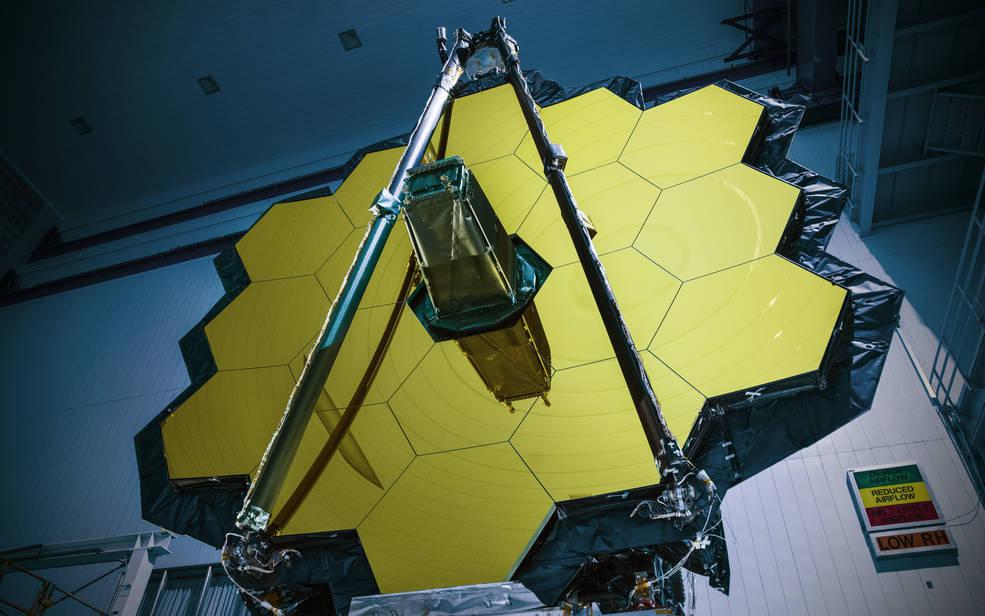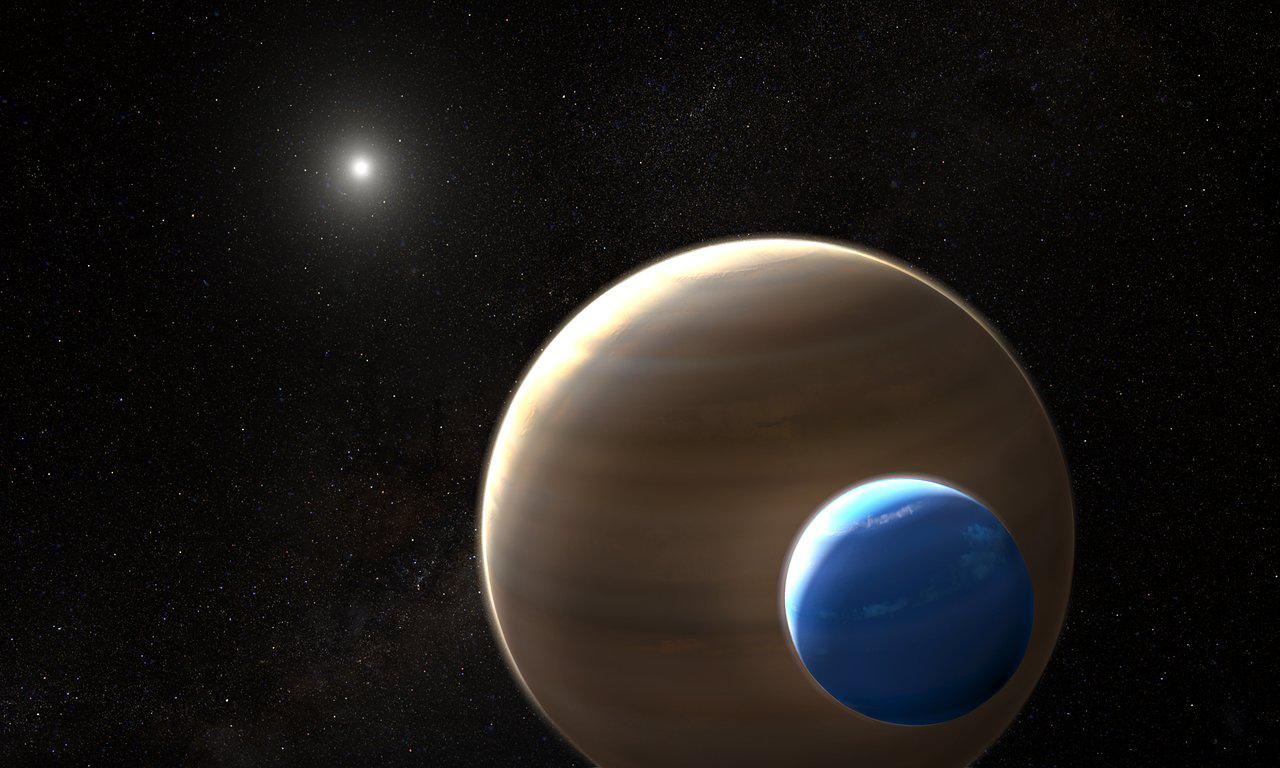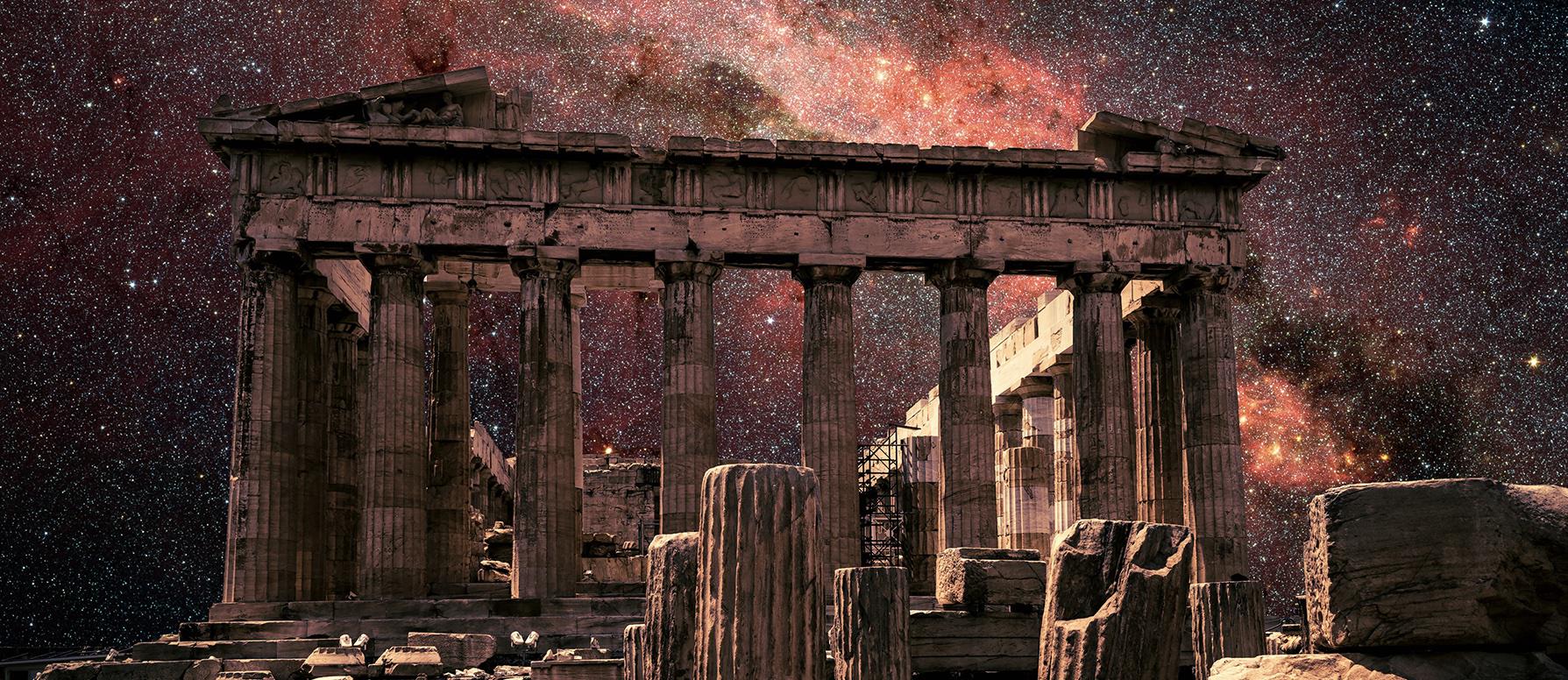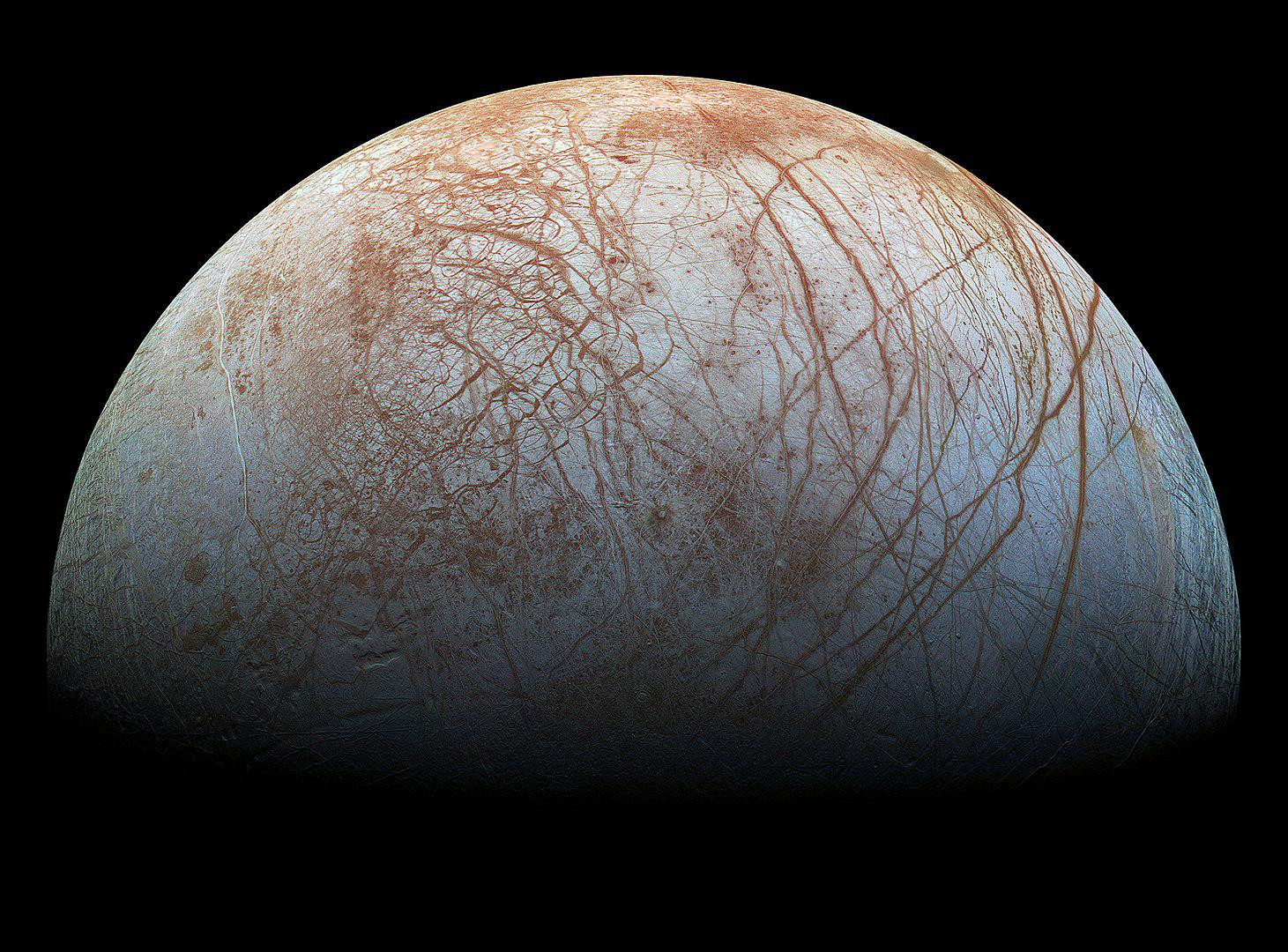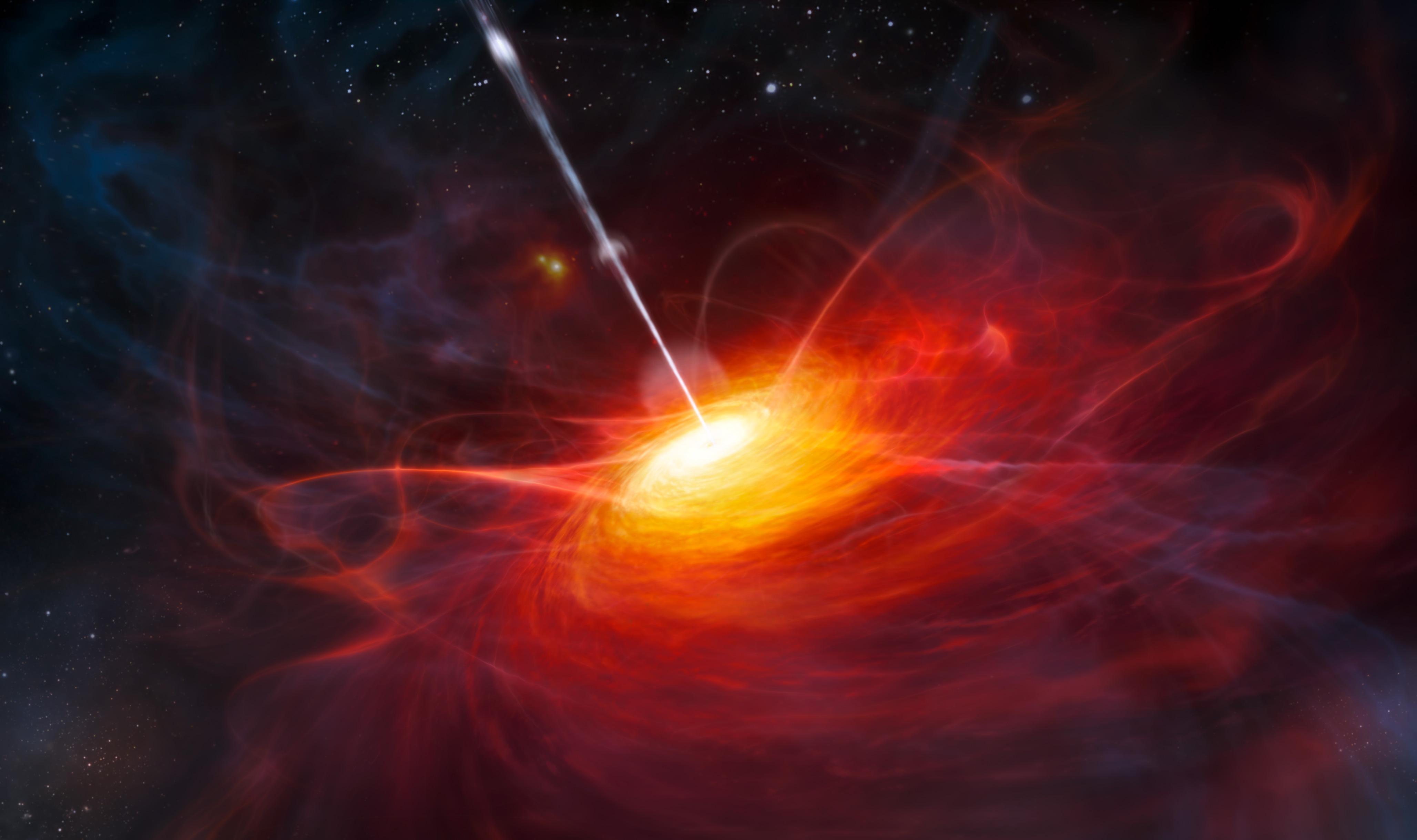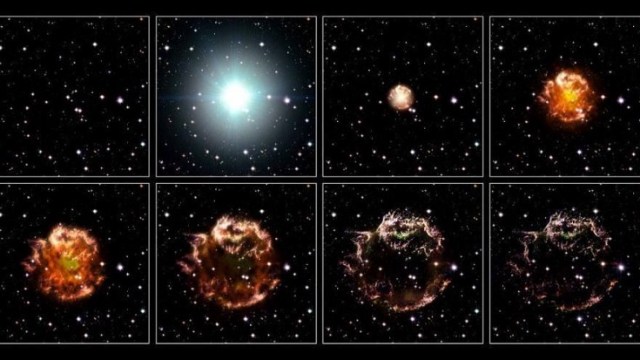Maybe we’re not that unique
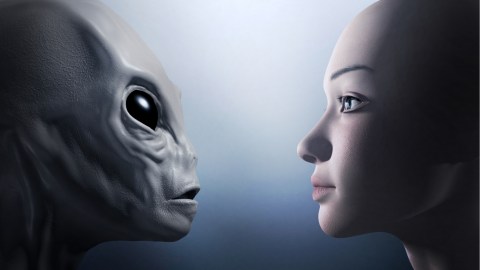
Brother Guy Consolmagno, director of the Vatican Observatory, spends a lot of times gazing at the heavens and, as an expert on meteorites, at rocks that have fallen to earth.
As a man of science (he has a Ph.D. in Planetary Science from the University of Arizona) and a man of faith (he is a Jesuit brother), he brings an interesting perspective to the notion of human uniqueness. We interviewed him via email for our series on Human Uniqueness.
ORBITER: In the Peace Corps, you learned that Kenyans were just as interested in astronomy “as anyone in America.” What did that tell you about the human condition?
Br. Guy Consolmagno: It got me thinking about stuff that (like most insights) seems obvious once you realize it. We spend so much time trying to make life easier for ourselves (or even for others, as we were doing in the Peace Corps) that we can forget why it is that we have life. My cat is satisfied with a life of eating and sleeping, but that can’t satisfy me. And even that is unfair to cats, who are famously curious.
What I really found in Africa is that the biblical phrase of not living “by bread alone” is true, literally. Without something more in your life than looking for food, you are not really capable of being a fully alive human being.
The truly poor must spend every waking minute searching for food, and that is a crime forced on them by their circumstances. The wealthy consumerists who “know the price of everything and the value of nothing” are committing the same crime against themselves.
Anything we can do to encourage anyone to spend a little time outside the cage of their immediate worries lets us help them grow as human beings. Interestingly enough, it usually also gives them the mental tools they need to appreciate how to approach and conquer those daily problems. Every task in life goes better when you take a break from it once in a while; and only such breaks will allow you to recognize what “better” actually means!
A human being is someone who knows, and who wants to know more. It is in the learning that we live. Note that this does not mean that the purpose of life is coming up with the Big Book of Answers. A mountain is not just its peak; a book is not just its last page. The growth of wisdom is about the growth itself, because the wisdom that is our goal is not a commodity that can be stored up or finished off.
What is it about the cosmos—as opposed to say, majestic mountains or a stunning sunset—that seems to stir this yearning?
I can only answer for myself, but I think part of it is seeing something that you know is really there, but out of reach. That’s why space missions to the Moon and planets have such an impact, because they reinforce for the rest of us that these places are indeed real but that, unlike a robot, I still can’t get there myself. Once tourism to the planets becomes possible, I think their impact on the human imagination will change. But the stars will still be out of reach!
Are we humans alone in the universe with this yearning?
I once had a cat who was very good at letting me know when she wanted to be fed, but not so good when it came to metaphysics. For all I know, the rocks themselves could have an awareness in some manner that is impossible for any human being to understand. But if we could never know it, we could never do much about it!
Can there be others who are able to yearn to look at the heavens? Most human beings have some interest in the same things we astronomers do. So why should I be fazed by the idea of alien creatures sharing this same interest? There are fellow astronomers in my field who can seem as alien to me as any green-tentacled monster! But I know that I am not the only human being on Earth, nor the only human being who has ever lived or ever will live.
Let me give you an analogy. When I first moved to Italy and started learning Italian I was paralyzed at first with the fear of having to learn alien words and alien ways of thinking. But then I realized that, in my mother tongue of English, I already know many different words and many different ways of expressing myself. When I thought of Italian not as a separate reality but rather as just another elegant way of expressing ideas alongside all the other ways I already knew, it stopped being frightening and began to feel familiar.
Likewise, there is nothing really alien about “aliens.”
Do you think there is life elsewhere in the universe? If there is intelligent life, would that refute any notion that humans are unique?
I think there is life off the Earth, but I have no data. So, for me, it’s a matter of faith.
I would be surprised not to find at least basic bacterial-level life on some exoplanet, the sort of life that would leave a trace in its planet’s atmosphere that we could detect on Earth. But we haven’t, yet. And I have been surprised before.
Intelligence may be rarer; at least, intelligence at a level that we could recognize! The further you look in space, the more planets there are, and so the higher the odds that there ought to be someone there. But the further you look, the more impossible it would be (given the limits of the speed of light) to actually converse with such creatures.
I don’t know of anyone today who thinks that humans are unique. Certainly, this was never part of our religions, or our culture, until the humanist philosophers of the Enlightenment . . . and they even had a hard time believing that rocks could fall from space (my beloved meteorites), much less that other creatures could exist. In many ways that philosophy was terribly naïve.
It is interesting that even Jules Verne, in the mid 1800s, has his fictional travelers in “Around the Moon” spot evidence of life forms in lunar valleys. I mention this not because I think that is likely, but that the reaction of his characters is very matter-of-fact about the whole thing. “Of course there would be life there, why shouldn’t there be?”
If there is intelligent life elsewhere, what would that say about the Bible verse that “God so loved the world . . .” Does God love our intelligent life more than their intelligent life?
The “World” in this passage means all of creation, the entire cosmos; not just planet Earth. (Indeed, the original Greek uses the word “κόσμον,” i.e. cosmos.) God creates the entire universe, including every existing member of whatever multiverses there may be out there. This is a mighty big God we’re talking about; indeed, He is infinite.
You asked us to ask you some unusual questions, so try this: Romans 1:19-20 says humans who don’t see God in creation are “without excuse.” Would that apply to aliens too?
Ah, but the proper response to reading that passage is to not to judge someone else’s ability to recognize God, but to look at our own reaction. Do I recognize God? And if so, am I doing anything about it?
When it comes to extraterrestrials, I would expect that they might be faced with the same philosophical questions as we are. Why not? They are subject to the same laws of physics and chemistry, so I imagine they also might wonder where those laws come from, why there is something instead of nothing. But if I am in no position even to judge my fellow human being’s response to those questions, I can hardly judge an alien’s response!
OK, would you baptize an extraterrestrial? And if you would, would that imply that humans aren’t so unique after all? Because wouldn’t it imply that ET has a soul?
I repeat the answer I gave in our book: Only if she asks.
Once again, I come back to this assumption that somehow religion demands that human beings are unique. On the one hand, every individual human is unique! On the other hand, we are all creations of the same Creator, subject to the same laws of physics and the same traits of intellect and free will. That’s true of any other creature, no matter how many tentacles it has.
What else would you add to this conversation that I haven’t specifically asked?
The reason I love talking about baptism and extraterrestrials is not that I think it’s an issue that anyone is likely to have to face any time soon. Rather, it is because these discussions can reveal to us hidden assumptions that all of us might be prone to make, at one time or another, and reveal further that perhaps those assumptions are far too limiting.
The temptation is always to make God into something small enough for me to think I can understand and control. To deal with a God who is also God of the stars, of angels, of past and present and future, and even everything beyond nature, forces me to come to grips with what the word “super-natural” actually means.
Brother Guy Consolmagno SJ is Director of the Vatican Observatory and President of the Vatican Observatory Foundation. He earned undergraduate and masters’ degrees from MIT, and a Ph. D. in Planetary Science from the University of Arizona; he was a postdoctoral research fellow at Harvard and MIT, served in the US Peace Corps (Kenya), and taught university physics at Lafayette College before entering the Jesuits in 1989. At the Vatican Observatory since 1993, his research explores connections between meteorites, asteroids, and the evolution of small solar system bodies. Along with more than 200 scientific publications, he has written a number of books, including Would You Baptize an Extraterrestial? He has hosted science programs for BBC Radio 4, appeared in numerous documentary films, and appeared on The Colbert Report. In 2014 he received the Carl Sagan Medal from the American Astronomical Society Division for Planetary Sciences for excellence in public communication in planetary sciences. He blogs at The Catholic Astronomer and writes for The Tablet.
The post Maybe We’re Not That Unique appeared first on ORBITER.
